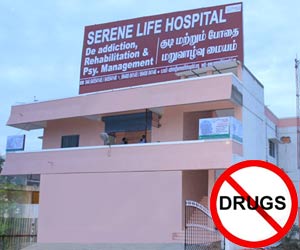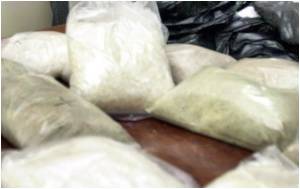Patients having opioid addiction receive buprenorphine treatment in hospital, but seamlessly connecting them with an outpatient office based treatment program can reduce relapse.

One group received a tapered dose treatment of buprenorphine for withdrawal and referral information about community treatment programs and the other were initiated on buprenorphine, an opioid substitute proven to treat opioid addiction, along with referral to a primary care office-based buprenorphine treatment program. Buprenorphine, which was approved by the Food and Drug Administration in 2002 for the treatment of opioid addiction, is taken orally and helps to curb opioid withdrawal symptoms. Of those in the buprenorphine maintenance group, more than one third (37 percent) reported no illicit opioid/drug use for the month after they left the hospital compared to less than one in ten (nine percent) among the control group.
These patients also reported, on average, fewer days of illicit drug use and continued to use less over the following six months. This effect was evident despite the fact that these patients did not initially come to the hospital seeking treatment for their addiction. "Unfortunately, referral to substance abuse treatment after discharge is often a secondary concern of physicians caring for hospitalized patients," said Jane Liebschutz, MD, MPH, a physician in general internal medicine at BMC and associate professor of medicine at Boston University School of Medicine, who served as the study's corresponding author. "However, our results show that we can have a marked impact on patient's addiction by addressing it during their hospitalization."
Source-Eurekalert
 MEDINDIA
MEDINDIA




 Email
Email







